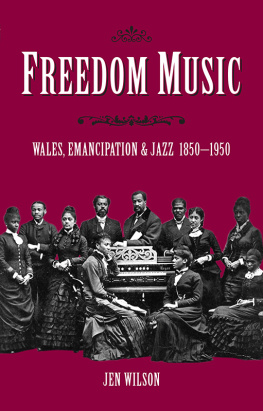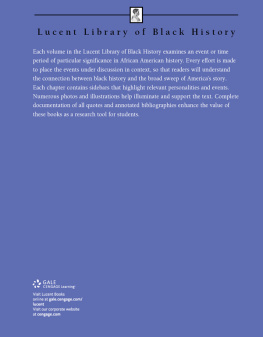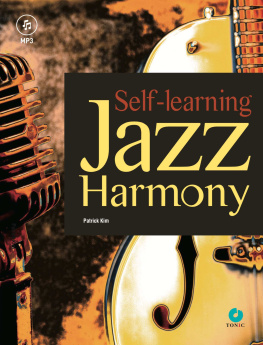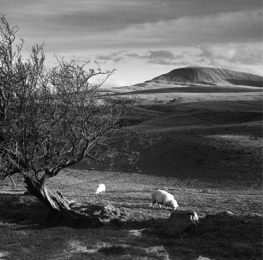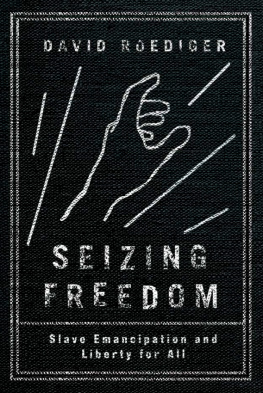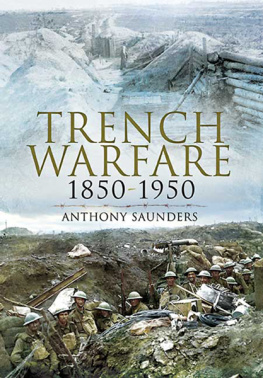Freedom Music
Freedom Music
Wales, Emancipation and Jazz 18501950
Jen Wilson
Jen Wilson, 2019
All rights reserved. No part of this book may be reproduced in any material form (including photocopying or storing it in any medium by electronic means and whether or not transiently or incidentally to some other use of this publication) without the written permission of the copyright owner except in accordance with the provisions of the Copyright, Designs and Patents Act 1988. Applications for the copyright owners written permission to reproduce any part of this publication should be addressed to The University of Wales Press, University Registry, King Edward VII Avenue, Cardiff CF10 3NS
www.uwp.co.uk
British Library Cataloguing-in-Publication Data
A catalogue record for this book is available from the British Library.
ISBN 978-1-78683-407-2
e-ISBN 978-1-78683-409-6
The right of Jen Wilson to be identified as author of this work has been asserted by her in accordance with sections 77 and 79 of the Copyright, Designs and Patents Act 1988.
The publisher acknowledges the financial support of the Welsh Books Council.
The publisher has no responsibility for the persistence or accuracy of URLs for any external or third-party internet websites referred to in this book, and does not guarantee that any content on such websites is, or will remain, accurate or appropriate.
Cover image: The Fisk Jubilee Singers, 18812. By permission, Fisk University Special Collections Library, Nashville, Tennessee.
For Haulwen my mother who played piano, Bill my father who played ukulele and brother John who played drums.
Without the following two people this book would not have been written:
Dr Ursula Masson (19452008) who kick-started my discovery of education, and my husband Mike, a well-read man. Thank you for the support and encouragement. Sons Rhydderch, Meredydd and Owain still talk to me, and grandson Marty.
Deirdre Beddoe, Emeritus Professor of Womens History at the University of South Wales
I am delighted to be invited to provide a short foreword to Freedom Music. I cannot claim to be an expert on jazz or indeed on any type of music. My expertise lies in the history of women in Wales and this book makes an important contribution to both womens history and to the history of popular culture in Wales. It demolishes the popular conception that all Welsh music was chapel based and dominated by male voice choirs. And it also shows the importance of women performers in the development of jazz and in other areas of popular musical entertainment. Freedom Music brings to our attention for the first time the part played by Welsh women both in the USA and in Wales in the anti-slavery movement. This book makes a key contribution not only to the history of music but to the history of Wales. Clearly American music, be it jazz or Negro minstrel performances, was a diversion and a delight to the Welsh urban working class. To me personally, it explains my fathers delight in performing the Charleston well into his later years!
Sir Deian Hopkin, Former Vice-Chancellor of London South Bank University and retired President of the National Library of Wales
In recent years, there has been increased interest in the history of jazz in Wales as a new generation of accomplished and innovative Welsh musicians, both women and men, make their mark in Britain and internationally. While we await a comprehensive account of jazz from Harry Parry and Dill Jones to the present day, we now have an enthralling and original account of the role of women in the early days of jazz in Wales. Jen Wilson, herself an accomplished jazz pianist and performer, who has directed the notable Jazz Heritage Wales multimedia resource centre, examines how jazz is rooted in the culture and even politics of Wales. Long before the American Original Dixieland Jazz Bands 1919 tour, often claimed as the starting point for jazz in Britain, there were earlier roots, carefully traced by Jen Wilson, from abolitionist songs and Negro minstrelsy performances in the nineteenth century to the influential tours by the ex-slave Fisk Jubilee Singers over a thirty-year period to 1907. She also shows how dance, fashion and popular culture, in which women were prominent, shaped the response of Wales to jazz. This is a major contribution to the historiography of Welsh jazz, and Welsh music generally, as well as to a richer appreciation of popular culture in Wales and the central role of women in it.
Kim Collis, County Archivist, West Glamorgan County Archives, City and County of Swansea
I am delighted to be invited to contribute a few words here as a foreword. There is a growing recognition amongst historians that the hitherto mainstream historical narrative of industrial development and post-industrial decline often overlooks and ignores the importance of other narratives within the story of mass migration and urbanisation in nineteenth and twentieth century Wales. In particular, two sets of voices are now more frequently encountered in recent accounts, those of women and those of immigrants to Wales. I am pleased that Jen Wilson is adding to our body of knowledge on both counts in this book. Challenging as it is to locate the archives and printed sources for this rebalancing of our modern history, it represents a necessary reinterpretation of the history of Wales. The eminent historian Christopher Hill once wrote, History has to be rewritten in every generation, because although the past does not change, the present does; each generation asks new questions of the past and finds new areas of sympathy as it re-lives different aspects of the experiences of its predecessors.
In todays multicultural society, it is crucial that we recognise the diverse world we live in, not just as a phenomenon of the past few decades, but as a continuation of human experience in Wales over several centuries, a natural product of our human instinct to seek out, absorb and integrate new experiences which is the catalyst for our continuing cultural growth as a nation.
When and how did jazz come to Wales? The research for this book began in 1980 when Ursula Masson, with an MA in History, set up the Swansea Womens History Group, and in 1998 the Womens Archive of Wales/Archif Menywod Cymru. Ursula was keen to experience what she described as a new way of working to discover the lost voices of women in Wales. Gail Allen and I joined the group. Some work was later combined with Women in Jazz, now incorporated into Jazz Heritage Wales. Ursula Masson said to me, You are a jazz pianist, whats the Welsh story? I didnt know. Then find out, she said.
Over the following decades, I amassed materials on the history of jazz, much of which is housed in Jazz Heritage Wales. I recorded oral interviews and collected books, audio tapes and videos, trawled through microfiche and old newspapers, wrote and published articles, presented papers at conferences and gave talks to local history groups about jazz and its cultural history and politics, as well as developing exhibitions, giving performances and composing jazz music. However, this is my first full-length publication.
I make no apologies for being fascinated by the minutiae of peoples lives, which form the core content of this book, as I am primarily a local historian rather than a political theorist. There is more research still to be done on the history of jazz in Wales, and so I hope that this book will inspire others.


